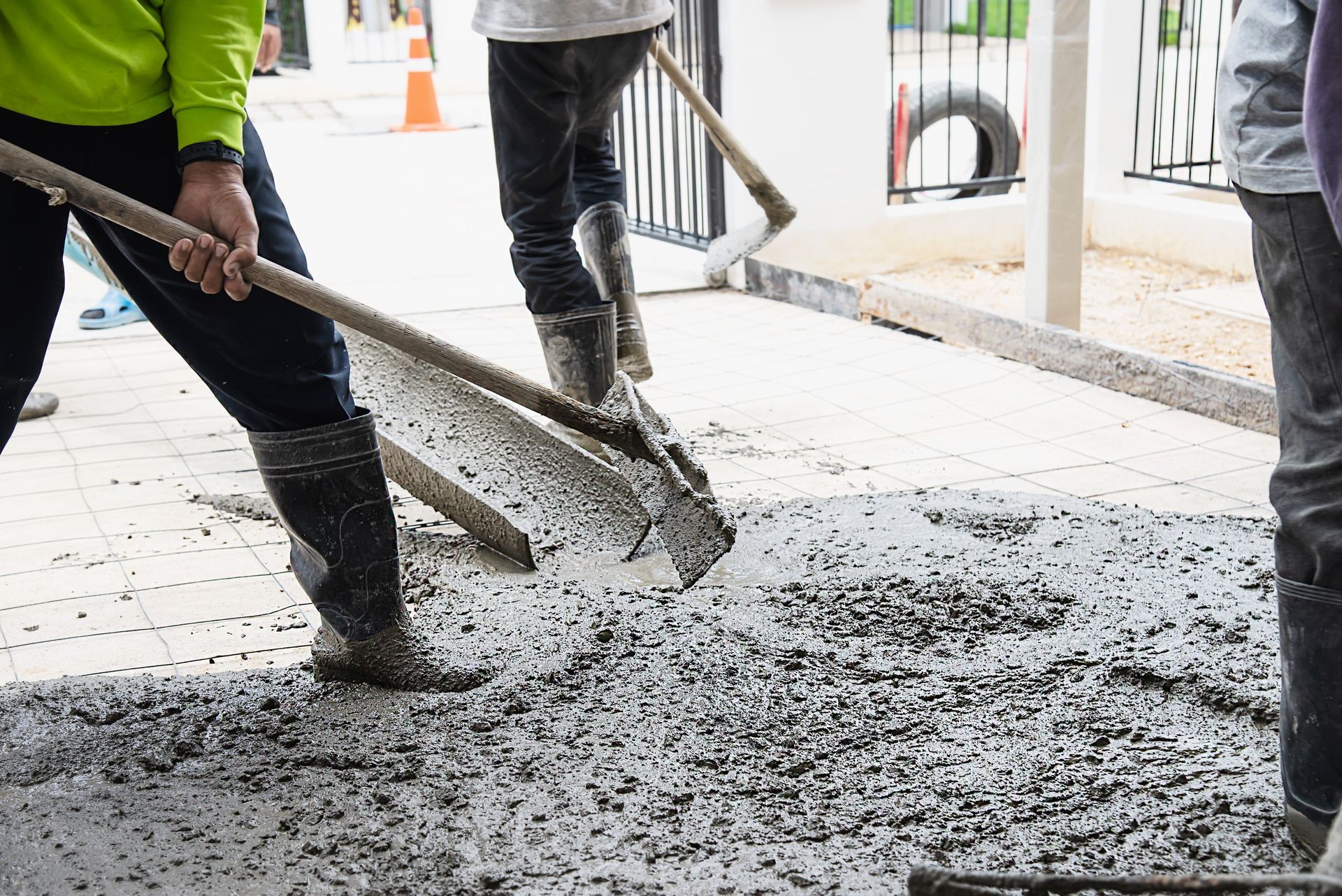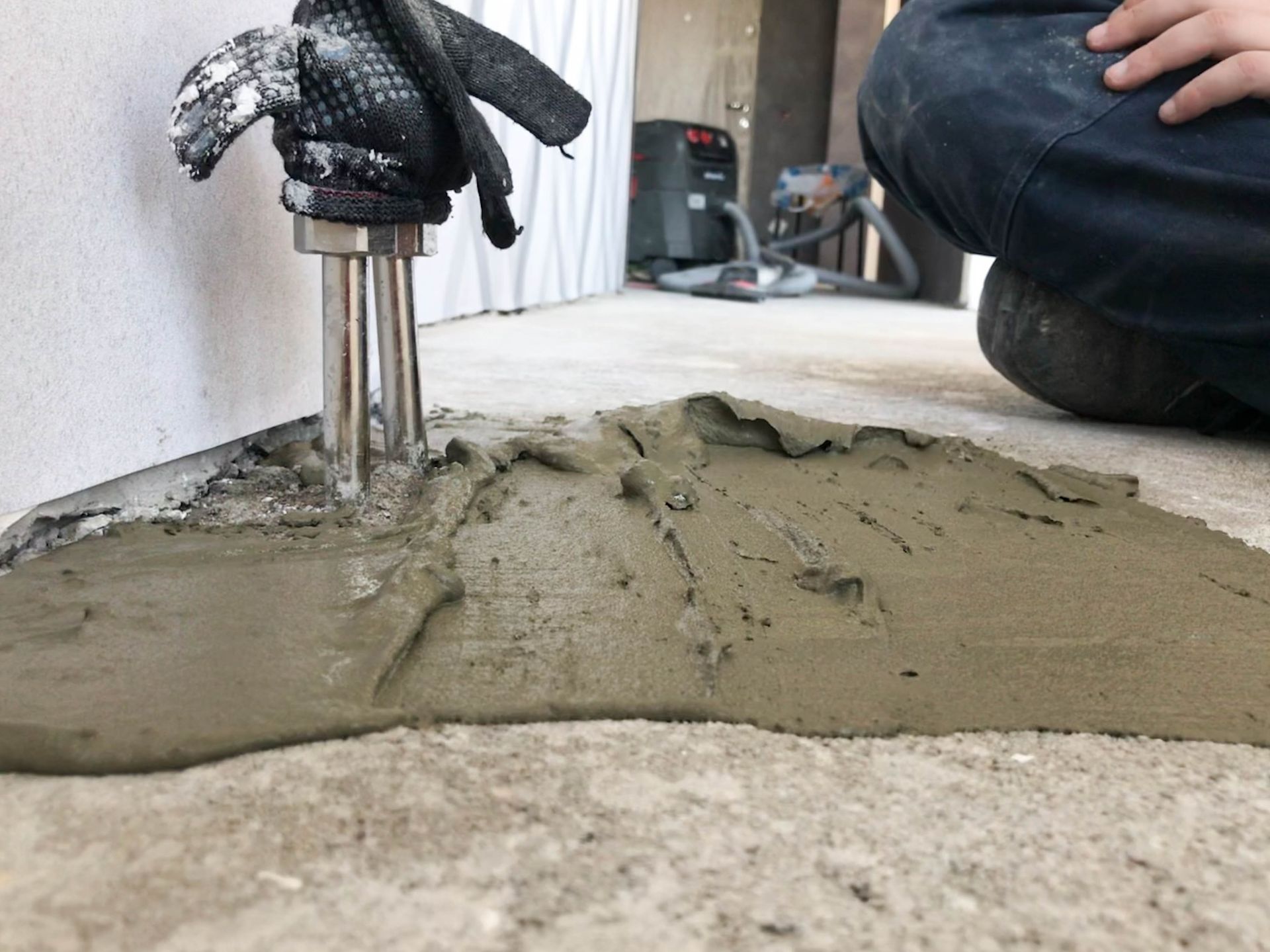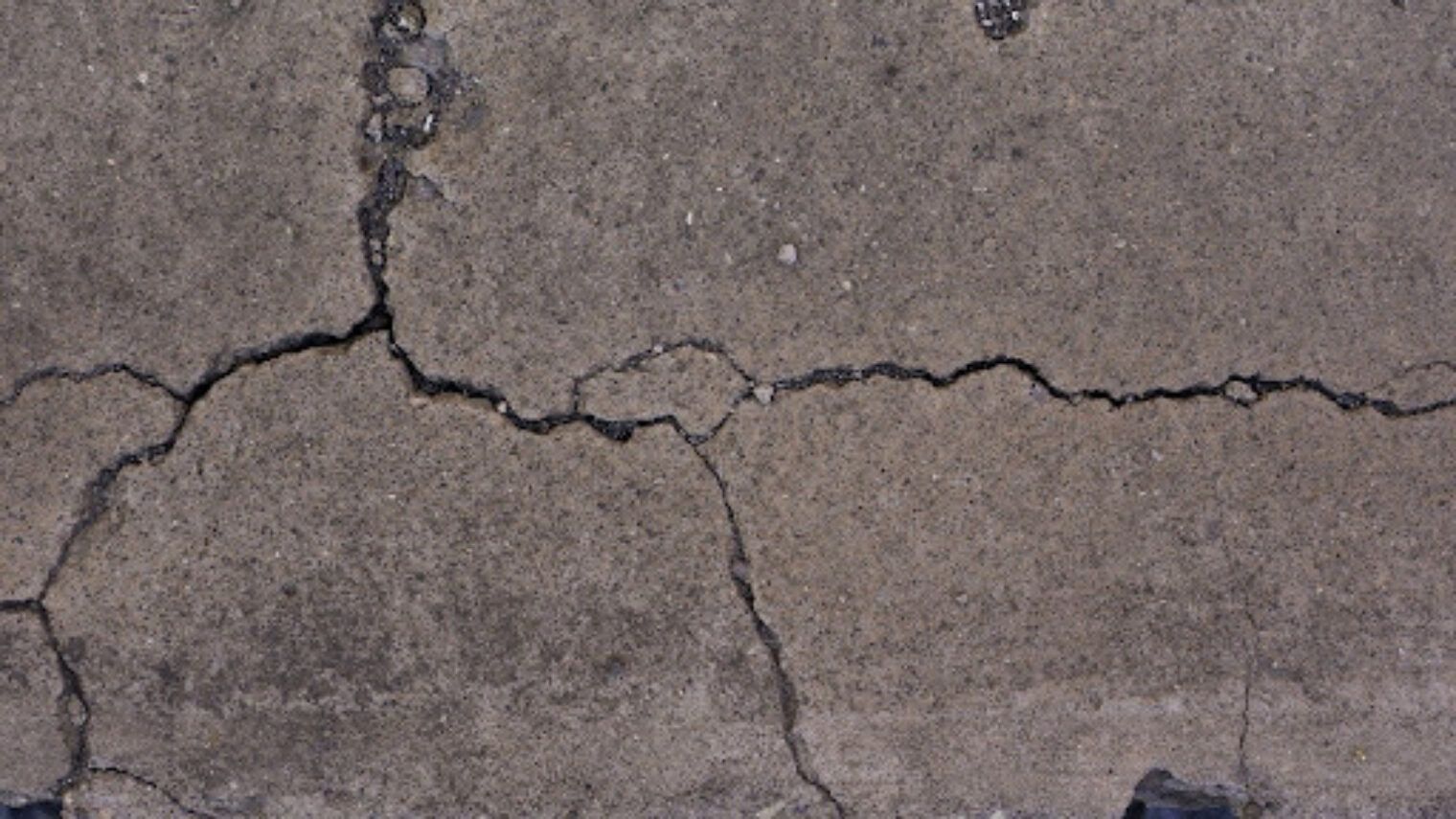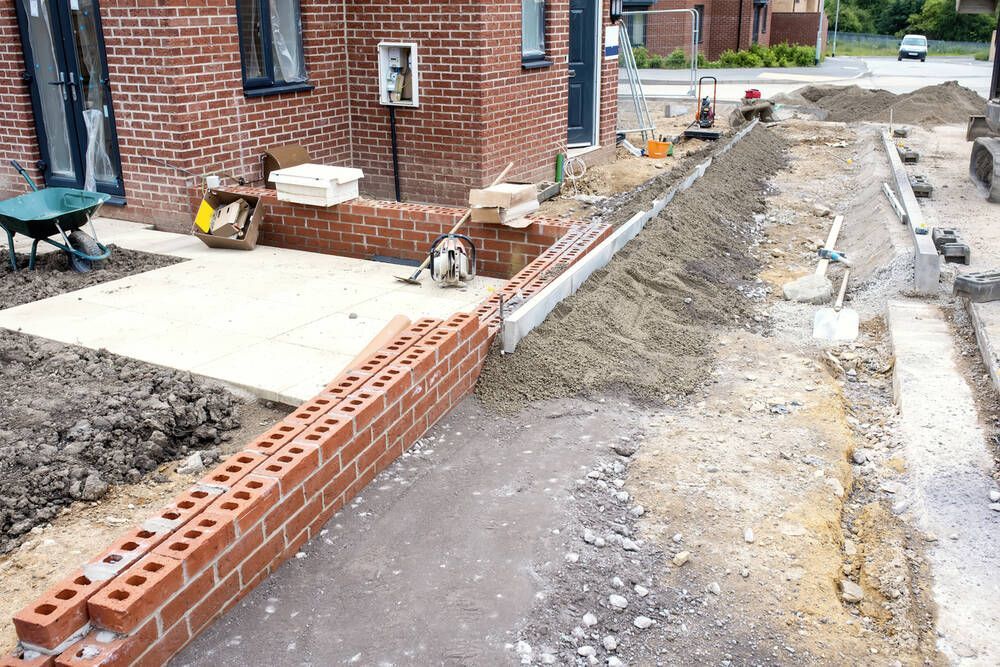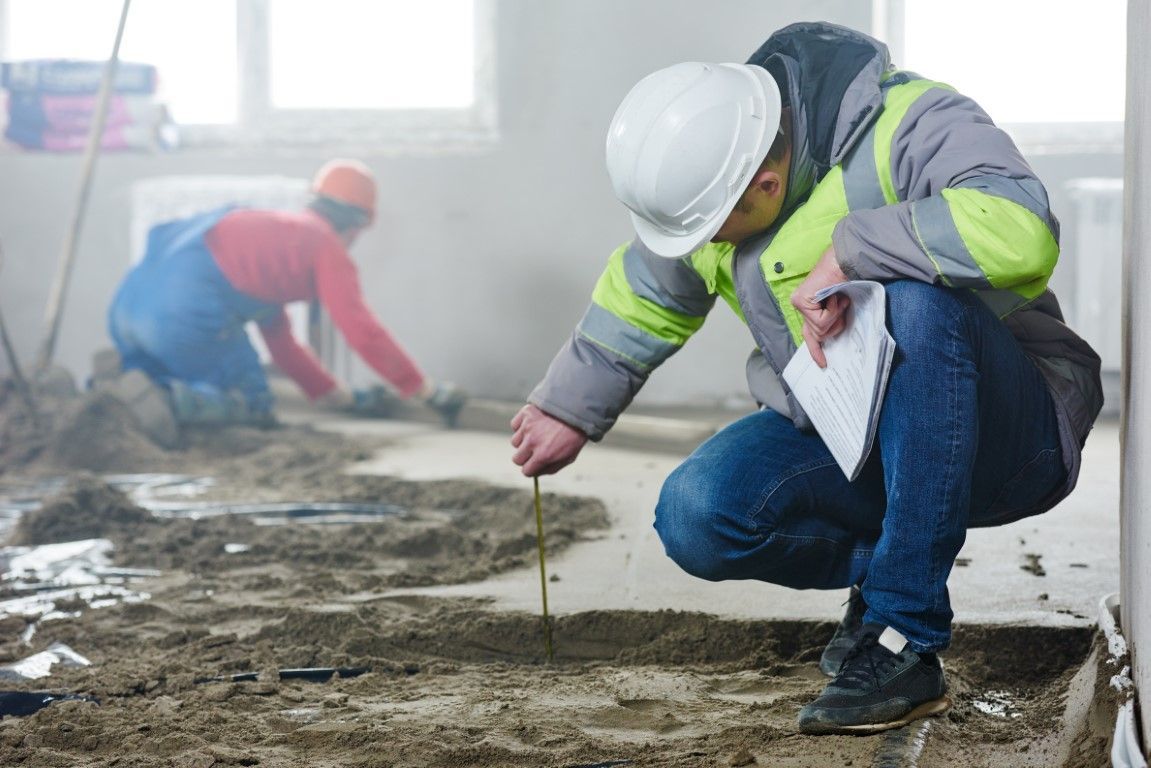What Do Concrete Contractors Do?
The Essential Role of Concrete Contractors
Concrete contractors are integral to the construction industry, specializing in the installation and maintenance of concrete structures. They are responsible for a wide range of tasks, from pouring sidewalks and driveways to building foundations and retaining walls. In this article, we'll explore the responsibilities and expertise of concrete contractors, highlighting their vital contributions to the construction sector.
Understanding Concrete
Before discussing the role of concrete contractors, it's important to understand what concrete is. Concrete is a versatile and durable building material made from a mixture of cement, water, and aggregates like sand and gravel. Its strength, durability, and moldable nature make it a popular choice for construction projects.
The Responsibilities of Concrete Contractors
Project Planning: Concrete contractors collaborate with clients, architects, and engineers to plan concrete projects. They assess project requirements, determine the type and quantity of concrete needed, and develop a timeline for completion.
Site Preparation: Prior to pouring concrete, contractors prepare the site by clearing debris, leveling the ground, and installing forms or reinforcements. This ensures that the concrete is poured evenly and securely.
Concrete Pouring: Contractors oversee the pouring of concrete, ensuring that it is done correctly and according to specifications. This includes monitoring the mixing process, transporting the concrete to the site, and pouring it into the designated areas.
Finishing and Curing: After the concrete is poured, contractors finish the surface to achieve the desired texture and appearance. This may involve smoothing the surface with trowels, adding decorative elements, or applying sealants. Contractors also oversee the curing process, which involves keeping the concrete moist and protected while it hardens.
Quality Control: Throughout the project, contractors conduct quality control checks to ensure that the concrete meets industry standards and project specifications. This may involve testing the concrete's strength, durability, and appearance.
Maintenance and Repair: Once the concrete is installed, contractors are responsible for maintaining and repairing it as needed. This may include sealing cracks, resurfacing surfaces, or replacing damaged sections of concrete.
Conclusion
Concrete contractors are essential to the construction industry, bringing expertise and skill to a variety of concrete projects. Their role encompasses project planning, site preparation, concrete pouring, finishing, quality control, and maintenance. By understanding the responsibilities of concrete contractors, we can appreciate their contributions to the construction sector and the importance of their work in creating durable and reliable concrete structures.
